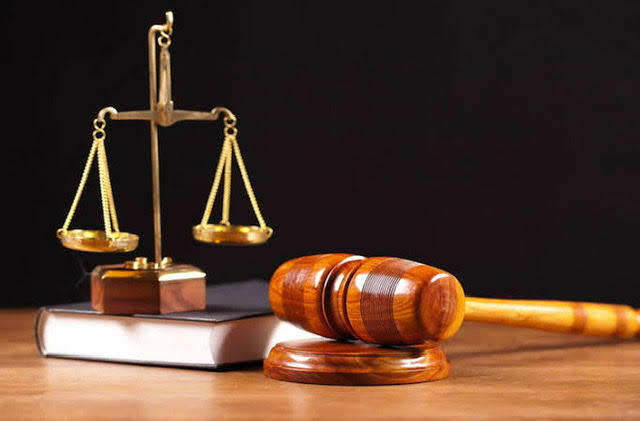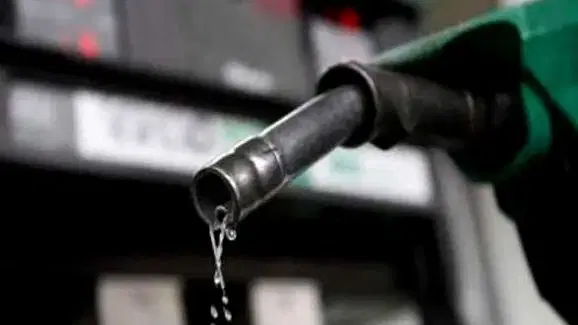In the heart of Nigeria’s democratic system, a crisis of confidence is brewing. The judiciary, once the bastion of justice and fairness, is facing a daunting challenge: the erosion of its impartiality. This threat has far-reaching consequences, undermining the very foundations of the country’s democracy.
The tale of judicial corruption is one of entwined factors. Financial influence, political interference, and lack of accountability have created a toxic mix, compromising the integrity of the judiciary. The consequences are dire: public trust is dwindling, democracy is being undermined, and justice is being impeded.
The stakes are high. Social unrest simmers, economic growth stagnates, and the country’s international reputation suffers. Nigerians are losing faith in the system, and the rule of law is under siege.
Yet, there is hope. Chief Ameh Peter, National Secretary of CUPP, sounds a clarion call for reform. “Nigeria’s judiciary must prioritize justice delivery, upholding fairness, equity, and justice.” The National Judicial Council (NJC) and Supreme Court must lead the charge, promoting transparency, accountability, and merit-based appointments.
The path to redemption is clear. By addressing judicial corruption and implementing reforms, Nigeria can restore public trust and ensure justice for all. The judiciary’s impartiality is not just an ideal; it’s a necessity for Nigeria’s stability and democratic progress.
Will the judiciary rise to the challenge, or will the forces of corruption prevail? The fate of Nigeria’s democracy hangs in the balance.





